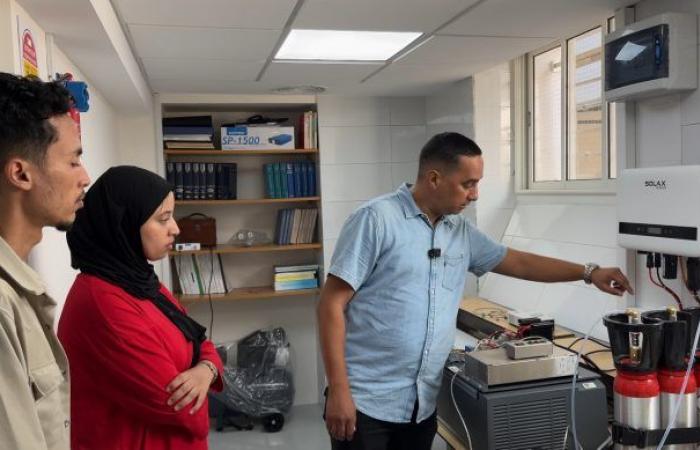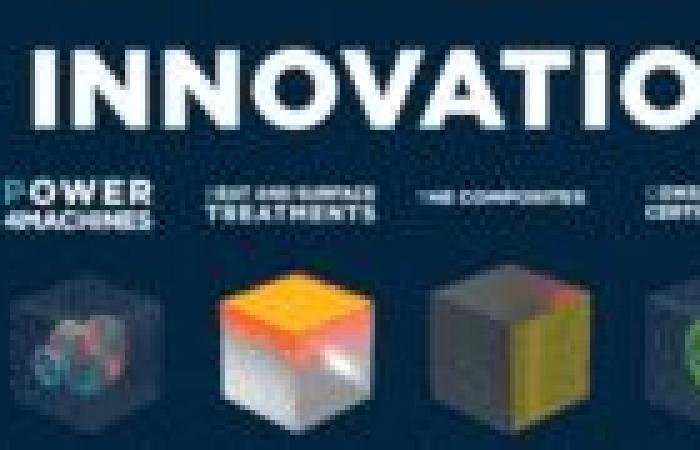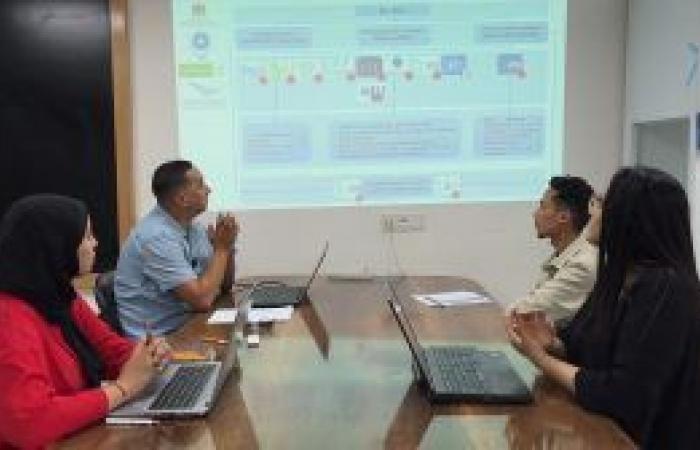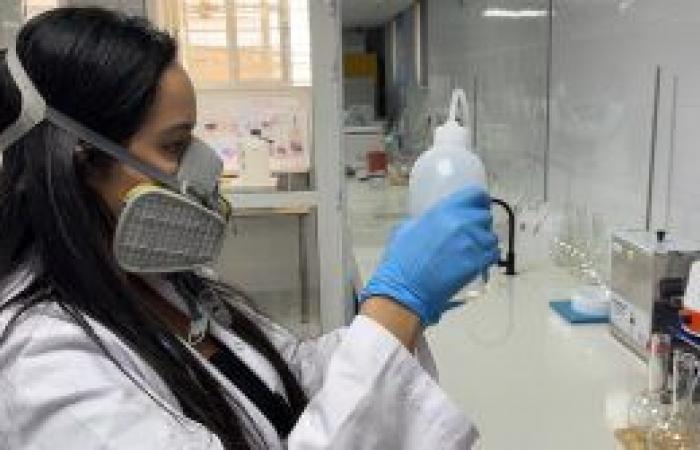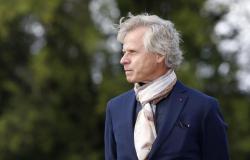
In an ever-changing world where science and technology play a crucial role in shaping the future, researchers emerge as true heroes. Among them, Professor Omar MOUNKACHI, who has made exceptional achievements in the field of scientific research. Ranked among the 2% of the best scientists in the world according to the 2024 report from Stanford University and Elsevier, MOUNKACHI is an example to follow for the new generation of researchers in Morocco.
In this interview, we look back on his academic career, the motivations that led him to scientific research, as well as his pioneering achievements and their impact on the scientific community and innovation in the Kingdom. Let’s dive into his thinking together and discover how science can transform our lives.
Read also —» Ghita Mezzour “Human capital is the heart and engine of digital transformation”:
How did your academic career unfold and what attracted you to the world of scientific research?
My academic journey began here at the Faculty of Sciences of Rabat. I obtained a bachelor’s degree in physical sciences, then pursued in-depth studies in nanotechnology under the guidance of renowned professors. Subsequently, I had the chance to work at the MAScIR Foundation from 2000 to 2018 as a researcher and leader of several scientific projects. This period was extremely important in my life, it allowed me to refine my academic skills and enrich my knowledge in several areas. I then decided to return to the Faculty of Science as a professor-researcher to pay homage to the place where I grew up.
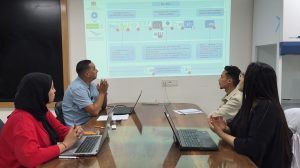
What are the reasons that led you to engage in scientific research?
In fact, I had a strong motivation for it. When I was a child, a relative studying in Germany sent me a postcard when I was in sixth grade. On this card was an image of the great scientist Albert Einstein, and that’s where it all began. I was fascinated by the Germans’ commitment to science, and it sparked my curiosity about how science can improve lives. This experience had a profound impact on me and inspired me to become more interested in scientific research.
You were ranked among the top 2% of scientists in the world according to the Stanford University report. How did you feel upon receiving this news and what does this accomplishment mean to you?
It is an indescribable feeling, because it is the culmination of many years of effort and scientific achievements. I worked hard on several scientific articles, obtained patents and participated in various research projects. This recognition is the result of collective work, because I was part of a team of researchers. This ranking not only represents me, but also reflects our joint efforts as a scientific team, which motivates me to continue.
What are the main criteria adopted in this ranking and what distinguishes the scientists who have been selected in this list?
The criteria are mainly based on the impact of the research. Research is evaluated based on the number of citations and articles published in renowned scientific journals. If you write a scientific article, its influence and the interest it generates in laboratories around the world are key factors. This ranking encompasses around 22 different fields, including physics, chemistry and renewable energy, reflecting the diversity of scientific research and the interest of researchers.
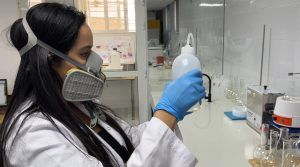
Speaking about your field, what are the main topics you have focused on during your scientific career?
I particularly focused on the areas of electricity storage and hydrogen production. I was part of a team of researchers who published around 200 scientific articles in recognized journals. The research I have carried out has a significant impact, particularly in the development of materials used for energy storage. We have conducted important studies on improving efficiency in electricity storage, a crucial aspect in the face of growing demand for clean energy.
Can you tell us more about your experience within the “MAScIR Foundation” project and how it influenced your career?
My experience within the “MAScIR Foundation” project was incredible. I had the honor of being one of the first researchers in this national project under the supervision of the foundation. During this time, we worked on several scientific projects, both theoretical and applied, seeking to apply the theoretical ideas we had studied into practical areas. We had a clear objective: to have a real impact on society through research.
What, in your opinion, are the main opportunities to strengthen scientific research in Morocco?
Strengthening scientific research in Morocco requires several elements. First of all, it is essential to provide solid financial support for research projects. Next, the government should collaborate with universities and the private sector to support these projects. Creating an environment conducive to researchers and young people interested in scientific research is crucial. Additionally, it is important to encourage young people to engage in the fields of science and technology.
How do you see the impact of your research on the scientific community and on the evolution of science in the world?
I feel the impact of my research through the many researchers from around the world who contact me. I receive questions about my research, which shows that the work we have done is having a positive impact. I believe that science should be accessible to everyone and that research should serve humanity. This is the main motivation behind my work.
What role do universities play in the development of scientific research in Morocco?
Universities play a fundamental role in the development of scientific research. They must provide a stimulating environment for learning and research, allowing students to immerse themselves in scientific research from their early years of study. There must also be partnerships between universities, research centers and industry, providing students with the opportunity to apply their knowledge in practical areas. These partnerships strengthen innovation and facilitate knowledge transfer.
What is your message for the new generation of researchers in Morocco?
My message for the new generation is to pursue their dreams in the field of scientific research. I would tell them: don’t hesitate to ask questions and seek answers. Science is the key to change, and you must be part of that change.
Comments collected by Rachid Mahmoudi


